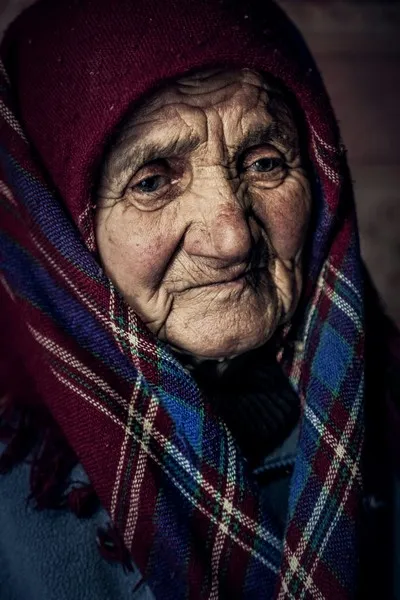Gerontology, the systematic study of aging and the diverse experiences of older individuals, is a multifaceted field that intersects various disciplines including sociology, psychology, biology, and medicine. Sociologically, gerontology focuses on the aging process through the lenses of social structures, interactions, and cultural norms, emphasizing the ways in which aging affects individuals and is affected by society. This exploration delves into the sociological dimensions of gerontology, examining key theories, social implications, and the evolving role of gerontological studies in understanding the complexities of aging in contemporary societies.
Theoretical Frameworks in Gerontology
Sociological inquiry into aging is underpinned by several key theories that provide a framework for understanding the various aspects of the aging process. These include the disengagement theory, activity theory, continuity theory, and the life course perspective.
- Disengagement Theory: Initially proposed by Cumming and Henry in the 1960s, disengagement theory suggests that aging naturally involves a withdrawal from social roles and interactions, which serves both society and individuals by facilitating the transfer of responsibilities to younger generations. This theory has been critiqued for its implication that social isolation is inevitable and desirable, ignoring the potential benefits of sustained social engagement.
- Activity Theory: As a response to disengagement theory, activity theory posits that happiness and satisfaction in old age are achieved through maintaining active social lives. It argues that continued engagement in activities that are both meaningful and rewarding is essential for the well-being of older adults, challenging the notion that aging necessitates disengagement.
- Continuity Theory: This theory emphasizes the importance of maintaining a consistent lifestyle and identity over one’s life course. It suggests that older adults will fare best when they are able to preserve their existing internal structures (such as personality and preferences) and external structures (such as social roles and relationships).
- Life Course Perspective: Offering a more holistic view, the life course perspective considers aging as a part of the broader spectrum of life, influenced by historical, social, and cultural contexts. It highlights the importance of timing of life events and how earlier life experiences can shape later life outcomes.
Social Implications of Aging
The aging of populations presents numerous social challenges and implications, demanding attention from sociologists and policymakers alike.
- Demographic Changes: The increasing proportion of older adults in populations worldwide due to higher life expectancy and declining birth rates raises critical issues such as the sustainability of pension systems, healthcare, and the need for age-friendly urban planning.
- Social Stratification: Aging intersects with other axes of inequality such as race, gender, and class. Older women, for instance, may face compounded disadvantages due to lower lifetime earnings and longer life expectancy, which can lead to greater financial insecurity in old age.
- Health Disparities: Sociological research into gerontology also examines how social determinants of health, such as socioeconomic status, affect the health and healthcare access of older adults. Disparities in health services and outcomes underscore the need for equitable health policies that are sensitive to the needs of diverse elderly populations.
Role of Gerontology in Society
Gerontology plays a crucial role in shaping social policies and practices that support the well-being of older adults. By providing insights into the aging process, sociological research informs the development of interventions that promote social integration, enhance quality of life, and address inequalities among the elderly.
- Policy Development: Gerontological studies contribute to the formulation of policies on aging, advocating for social justice, adequate healthcare, and support systems that cater to the needs of older populations.
- Education and Awareness: Gerontology also serves an educational role, increasing awareness about the complexities of aging and challenging stereotypes about older adults. This fosters a more inclusive society that values all ages.
- Innovation in Care: Sociological insights help innovate care practices by focusing on person-centered approaches that respect the preferences and autonomy of older individuals.
In conclusion, gerontology from a sociological perspective offers a comprehensive understanding of aging, focusing not only on individual experiences but also on the broader social contexts that shape these experiences. By exploring the implications of aging within societal structures and cultural norms, gerontology provides essential knowledge and tools to improve the lives of older adults and to address the challenges posed by demographic shifts. Through ongoing research and interdisciplinary collaboration, the field continues to evolve, enhancing its relevance and application in our aging society.





